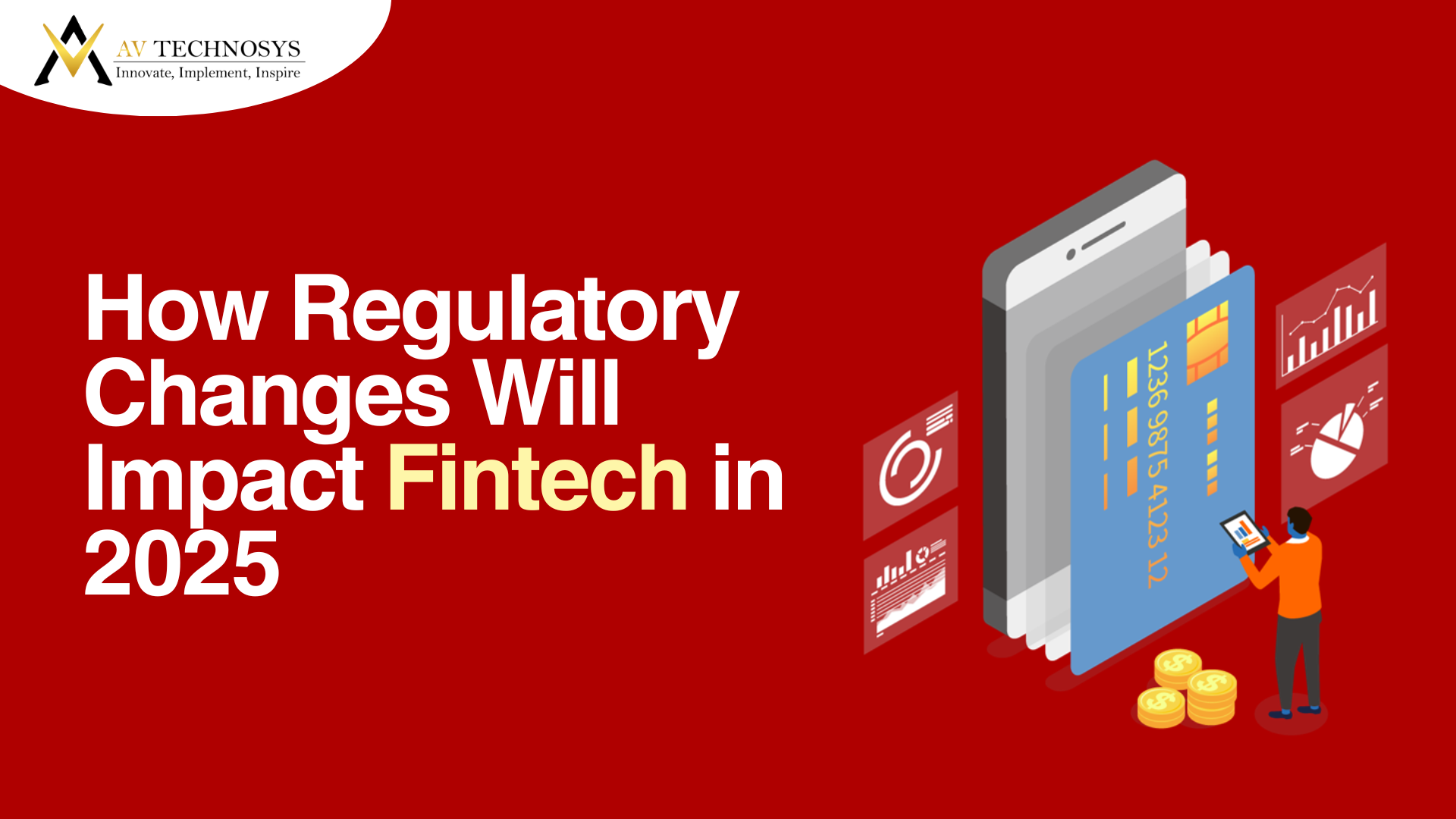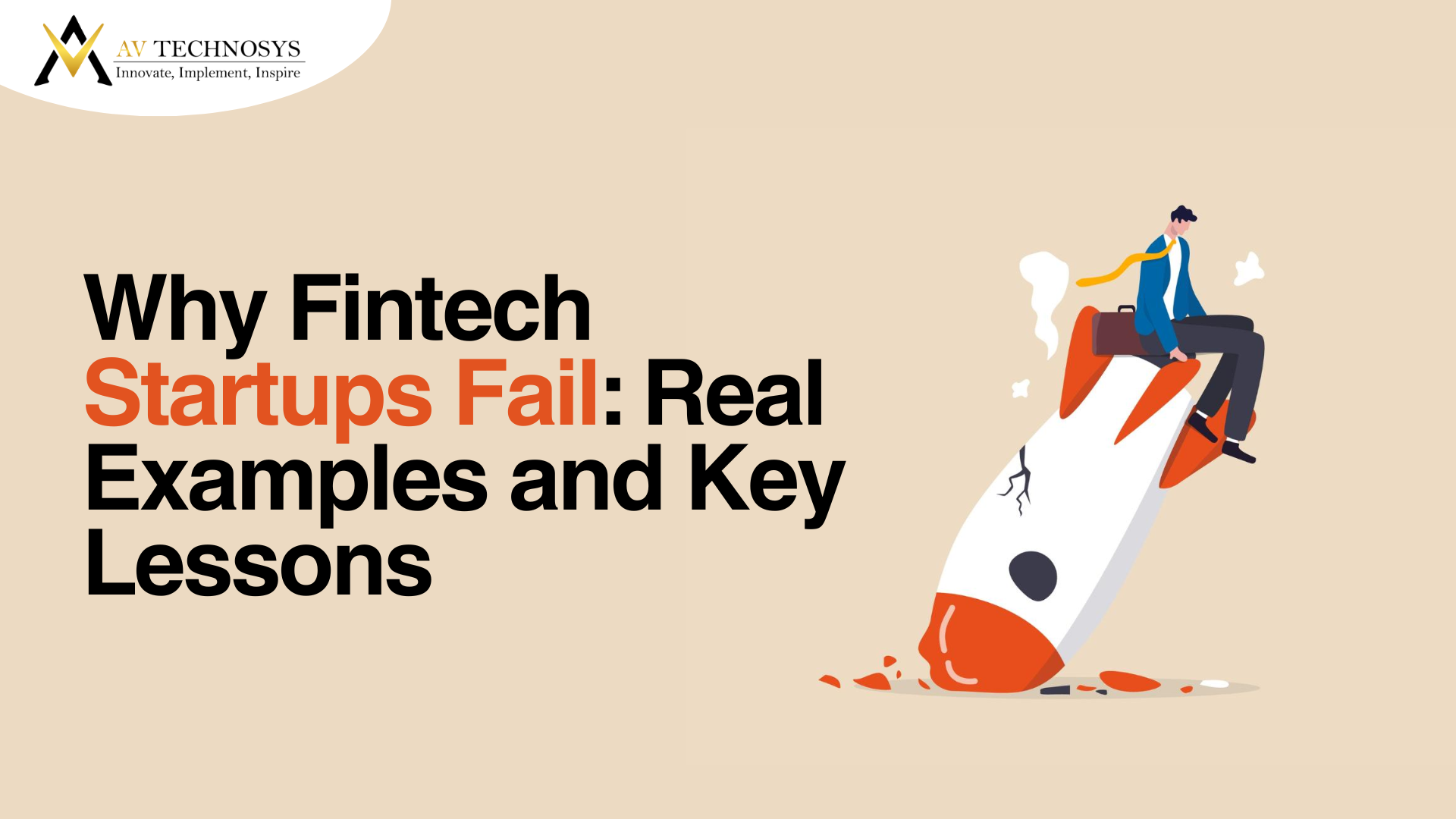How to Enter the BNPL Market with an App Like Afterpay
Learn how to enter the BNPL market by building an app like Afterpay. Explore features, costs, tech stack, and business strategies for success.


Fintech
The Buy Now, Pay Later (BNPL) industry has exploded in recent years, transforming how consumers interact with credit and revolutionizing e-commerce transactions. At the center of this boom are apps like Afterpay, Klarna, and Affirm platforms that allow customers to split purchases into smaller installments, often interest-free.
If you're a fintech entrepreneur or a startup eyeing the BNPL space, now is a golden time to enter the market. In this blog, we’ll guide you through what it takes to build a successful BNPL app like Afterpay, including key features, technologies, business models, compliance, and cost estimates.
What Is BNPL and Why Is It Booming?
BNPL, or Buy Now, Pay Later, is a short-term financing solution that lets consumers pay for products over time without using a credit card. Instead of one lump sum payment, customers can divide the cost into smaller, manageable installments, often with zero interest if paid on time. For any business looking to enter this space, partnering with an experienced finance app development company is essential to build a secure, scalable, and user-friendly BNPL platform that meets both consumer expectations and compliance standards.
Key BNPL Market Stats:
The global BNPL market size was valued at over $179 billion in 2022 and is projected to reach $3.27 trillion by 2030.
BNPL services are most popular among Millennials and Gen Z, who value flexibility and transparency.
Retailers using BNPL have reported 20-30% increases in conversions and higher average order values.
Why Build a BNPL App Like Afterpay?
Afterpay’s success is rooted in its simple user experience, seamless merchant integration, and low entry barriers for users. Building a similar app can be a lucrative venture if done right.
Benefits of Launching a BNPL App:
High market demand across industries (e-commerce, travel, healthcare, education).
Recurring revenue through merchant commissions and late fees.
Customer loyalty is driven by flexible payments and intuitive UX.
New-age financial solution attracting credit-averse younger users.
Core Features of a BNPL App Like Afterpay
To succeed in the BNPL space, your app must deliver a frictionless user experience while handling complex financial workflows. Here are the must-have features:
1. User Registration and KYC
Secure sign-up via email or phone
Identity verification through KYC (Know Your Customer) protocols
Credit check (optional, depending on your business model)
2. Merchant Integration
APIs and SDKs for easy integration into e-commerce stores
Real-time transaction processing
Merchant dashboard with analytics
3. BNPL Payment System
Customizable installment plans (e.g., 4 interest-free payments)
Automatic billing and reminders
Support for debit/credit cards, UPI, and digital wallets
4. User Dashboard
Purchase history and repayment schedules
Notifications for due dates
Option to pay early or modify plans
5. Risk Management Tools
Fraud detection
Credit risk scoring
Spending limits
6. Admin Panel
User management
Merchant management
Report generation
Refund and dispute handling
Step-by-Step Guide to Building a BNPL App Like Afterpay
Step 1: Market Research & Niche Focus
Before you build, define your niche. Will your BNPL app target luxury goods, everyday retail, medical expenses, or educational services? Tailoring your platform to a vertical improves success chances and brand clarity.
Step 2: Decide on the Business Model
Common BNPL revenue models:
Merchant Fees: A commission from each transaction (Afterpay charges ~4-6%).
Late Fees: Penalties for missed payments.
Premium Services: Subscription plans or early payment discounts.
Interchange Fees: Revenue from card processing or partnerships.
Choose your model based on your risk appetite and user behavior expectations.
Step 3: Compliance & Licensing
Fintech is a regulated space. BNPL services must comply with:
KYC/AML regulations
Consumer credit laws (differ by country)
Data privacy laws (like GDPR, CCPA)
Partnering with legal advisors or Fintech-as-a-Service platforms (like Synapse, Marqeta, or Modulr) can ease this step.
Step 4: Design UX/UI Focused on Simplicity
BNPL users demand speed, clarity, and a mobile-first experience. Focus on:
Smooth onboarding
Transparent repayment flows
Easy merchant checkouts
Clear installment breakdowns
Design wireframes, mockups, and clickable prototypes before moving to development.
Step 5: Build the Tech Stack
Frontend:
Mobile App: React Native / Flutter
Web Dashboard: ReactJS / Angular
Backend:
Programming Language: Node.js / Python / Ruby on Rails
Database: PostgreSQL / MongoDB
APIs: RESTful or GraphQL
Cloud Hosting: AWS / Google Cloud / Azure
Payment Gateway: Stripe, Razorpay, Braintree
Step 6: Security Implementation
Ensure encryption, secure payment processing, and safe storage of user data:
SSL encryption
PCI DSS compliance
Tokenization of card details
Multi-factor authentication
Step 7: Testing and Iteration
Conduct:
Functional Testing (app flow and payments)
Security Testing (data leaks, vulnerabilities)
User Testing (real user feedback)
Load Testing (to manage traffic spikes)
Iterate based on user feedback before the official launch.
Cost to Build an App Like Afterpay
The cost depends on your app's complexity, features, location of your development team, and third-party service usage.
Component | Estimated Cost |
UI/UX Design | $5,000 – $15,000 |
Mobile App Development | $25,000 – $70,000 |
Backend Development | $20,000 – $60,000 |
Payment Integration | $5,000 – $10,000 |
Admin Panel | $10,000 – $20,000 |
QA & Testing | $5,000 – $15,000 |
Total | $70,000 – $190,000+ |
A basic MVP version could be launched in 3–5 months with fewer features and gradually scaled over time.
Monetization Tips for Long-Term Growth
Onboard Strategic Merchants: Collaborate with brands that can offer BNPL to large volumes of users.
Offer White-Label Solutions: Let other merchants use your platform under their branding.
Add Analytics for Merchants: Help sellers track ROI, customer insights, and conversion rates.
In-App Promotions: Run targeted product offers, discounts, or early payment bonuses.
Loyalty Programs: Encourage repeated use through points, credits, or cashback offers.
Challenges You’ll Face in the BNPL Market
Regulatory changes: Governments are increasingly scrutinizing BNPL firms.
User defaults: Managing non-payments without damaging user trust.
High competition: From giants like Apple Pay Later, Klarna, and regional players.
Cash flow management: You pay merchants upfront but receive payments over time.
Overcoming these challenges requires sound financial modeling, automated risk systems, and excellent user support.
Conclusion
The BNPL wave is here to stay, and building an app like Afterpay can be a smart move with the right strategy. Teaming up with a trusted mobile app development company ensures your platform is secure, scalable, and user-friendly helping you deliver financial flexibility to consumers and drive growth for merchants.
Need Help Building Your BNPL App?
AV Technosys can help you design, develop, and launch a custom BNPL solution tailored to your business needs. Contact us today to get started.
FAQs
1. What is a BNPL app, and how does it work?
A BNPL (Buy Now, Pay Later) app allows users to split their purchases into smaller, manageable installments, often interest-free if paid on time. Apps like Afterpay partner with merchants to offer this payment option at checkout and handle repayment tracking within the app.
2. Is it profitable to build a BNPL app?
Yes. A BNPL app can be highly profitable through merchant transaction fees, late payment penalties, and user engagement. The model also increases customer loyalty and drives higher purchase values for merchants.
3. How much does it cost to develop an app like Afterpay?
The cost to develop a BNPL app like Afterpay typically ranges from $70,000 to $190,000, depending on features, tech stack, and development location. A basic MVP can be built at a lower cost with core functionality.
4. How long does it take to develop a BNPL app?
Building a BNPL app can take 3 to 6 months for an MVP and longer for a full-featured platform. This includes research, design, development, testing, and deployment.
5. Do I need a license to operate a BNPL app?
Yes. Depending on your country or region, you may need to comply with financial regulations, including KYC/AML policies and consumer credit laws. It’s advisable to consult legal and regulatory experts early in the process.
📬 Get in Touch With Us
Name
Mobile No.
Message
Our Latest Blogs
Get the most recent information on trends, technology, and development insights.
View All Blogs

Ashish Bishnoi
07-05-2025
Discover how AI is reshaping fintech with key trends and real-world benefits driving innovation in 2025.

Veer choudhary
08-05-2025
Explore how new regulatory changes will shape the future of fintech in 2025 and beyond.

Veer choudhary
11-05-2025
Learn why fintech startups fail with real examples and key lessons to build smarter in 2025.
Our Technology Experts Are Catalysts for Digital Transformation
Book a Free call with Our Experts and Start Building the Future Today.

INDIA
238, 2nd floor, Purani Chungi,
DCM Road, Vaishali Nagar,
Jaipur, Rajasthan, 302017
+91 9983034111

UK
1-3 St Nicholas Street Worcester
WR1 1UW, United Kingdom
+44 7470994018

USA
15632 Lucy Lane ,
Frisco , TX , 75033
303-589-5158







